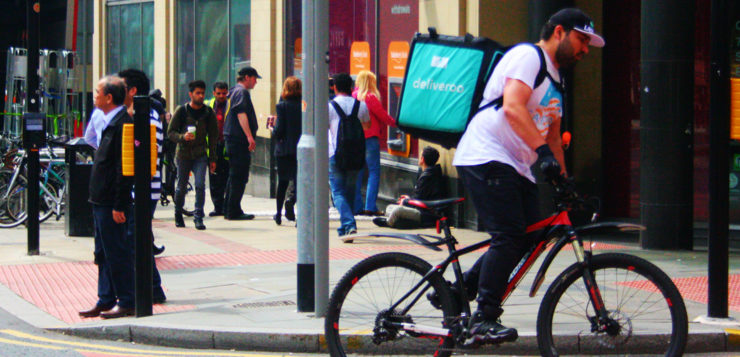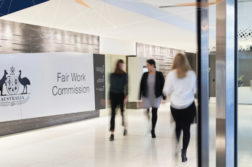Australia’s ‘gig’ workers – people in short-term or ‘on demand’ freelance jobs, including delivery drivers, disability carers, IT professionals and education workers – are missing out on $400 million a year in super contributions, a new report from Industry Super Australia (ISA) has found.
The report estimates that there are 275,000 gig workers in Australia, and according to ISA’s analysis, the average gig worker could have up to $29,000 more in their retirement savings if super contributions were paid to them.
ISA analysis shows the typical transport and food delivery driver gig worker misses out on $1,900 super contributions a year when working an average of 14.5 hours a week, earning $24 per hour. Spending three years in the industry would mean these super contributions would reach $17,200 at retirement and $28,700 if in gig work for five years.
A care industry gig worker – a growing part of the on-demand workforce – who earns the average $23.40 an hour and averages 8.6 hours a week would get $1,100 extra a year in super contributions.
“Being a gig worker should not mean you miss out on the opportunity to save for a decent nest-egg at retirement,” said Bernie Dean, Chief Executive of Industry Super Australia. “Paying gig workers super isn’t just the right thing to do, it makes economic sense because they’ll be more self-sufficient in retirement and less reliant on the age pension, which we all pay for through taxes. These workers are critical to caring for our elderly, delivering food and driving us home, they have every right to share in the benefits of what is meant to be a universal saving system.”
The report emphasizes that paying super to gig workers is crucial as many of them are young workers who are not earning super, including those with disabilities, students, or those who are unemployed. Small super contributions from gig work could make a significant difference to these workers’ quality of life in retirement, the ISA says.
The report also highlights that paying superannuation to gig workers is becoming increasingly important as the on-demand workforce continues to grow. A 2019 academic survey with 14,000 responses estimates that within a 12-month period about seven per cent of Australians were in on-demand work, and 13 per cent had undertaken digital platform work.
The federal government is currently considering legislation to extend the Fair Work Commission’s powers to set a minimum set of employment standards for gig workers, which would include the payment of super. Mr Dean said ISA supports moves that uphold the flexibility and convenience of gig work, while ensuring a minimum set of employment standards.
Donate To New Matilda
New Matilda is a small, independent media outlet. We survive through reader contributions, and never losing a lawsuit. If you got something from this article, giving something back helps us to continue speaking truth to power. Every little bit counts.




